Nouvelles

Towards the development of post-harvest management policy and strategy in Burkina Faso
14/04/2017
Towards the development of post-harvest management policy and strategy: supporting a strategic roadmap for the reduction of post-harvest losses in cereals and pulses in Burkina Faso
On 15 March 2017, key stakeholders met in Ouagadougou to discuss technical, policy and s...

MIT study reports improved income, food security and well-being for Ugandan farmers participating in WFP’s Zero Food Loss initiative
20/03/2017
The Massachusetts Institute of Technology (MIT) carried out an independent study about the scalability and adaptability of post-harvest hermetic technologies based on the WFP Special Operation in 2015. The study focused on scalability, adaptability and impact of the project to Ug...
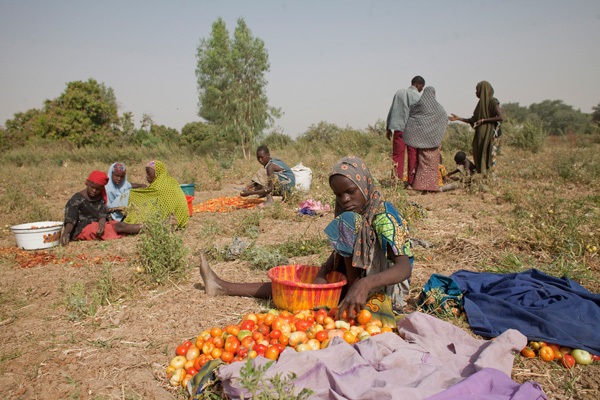
Contribuez à donner forme au nouvel APHLIS : votre ressource libre des données sur les pertes après récolte pour l’Afrique Subsaharienne
06/03/2017
_thumb.tmb-th600x400.jpg?Culture=en&sfvrsn=e91899ef_3)
1st All Africa Postharvest Congress & Exhibition and All Africa Postharvest Technologies and Innovations Challenge
08/02/2017
Last 17th January, the 1st all Africa Post-harvest congress was officially launched in Nairobi, Kenya.
Jane Ambuko, Professor at the University of Nairobi and chair of the l...

NEW online Forum discussion on business models of PHL technologies
20/01/2017
The Forum of our CoP is launching a new online discussion aimed at comparing the different business models used by a variety of projects and programmes worldwi...

Postharvest Management (PHM) side event at GFRAS 7th annual meeting
11/10/2016
A side event on Postharvest Management (PHM) organized by AFAAS and its PHM partners was held during the GFRAS 7th annual meeting in Limbe, Cameroon on 3 October 2016. The GFRAS 7th annual meeting was an important opportunity to engage in the global effort to reduce food losses a large nu...
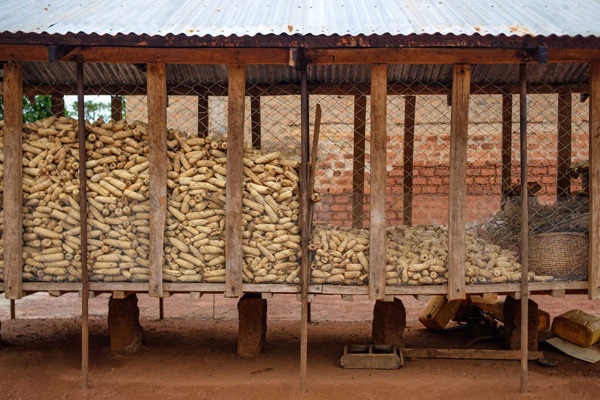
Améliorer les estimations concernant les pertes après récolte: APHLIS+ vient d’être lancé
21/09/2016

Validation workshop of Burkina Faso food loss assessments report
30/08/2016
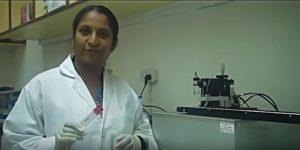
First portable low-cost device developed for rapid detection of aflatoxins
04/08/2016
On 26 July 2016, the International Crops Research Institute for Semi-Arid Tropics (ICRISAT) launched a new technology that detects aflatoxins on location, can save lives and open export markets for African and Asian countries. The rapid test kit device is also affordable at under US$ 2. This e...

Validation workshop of maize and rice loss assessments and reduction solutions in the Democratic Republic of Congo (DRC)
17/06/2016
Kinshasa, DRC, 26-27 May 2016 - In the framework of the implementation of the RBAs joint project “Mainstreaming food loss reduction initiatives for smallholders in food deficit areas”, food loss assessments in the maize and rice value chains in the provinces of Kwilu (Idiofa and ...

L’atelier régional de la FAO pour développer des stratégies de réduction des pertes alimentaires
15/06/2016
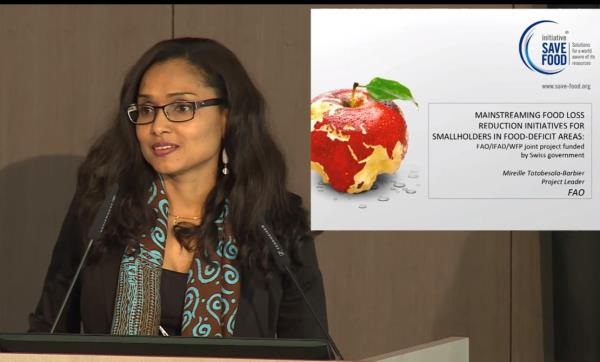
CoP and RBAs joint project at "Private sector support for food loss and waste reduction projects" at Nestlé HQs
25/05/2016
Towards the 2016 SAVE FOOD annual meeting! At the 2015 SAVE FOOD annual Meeting, held in Vevey (Switzerland / 12 May 2015), Mireille Totobesola-Barbier presented the Community of Practice (CoP) on food loss reduction and the RBAs joint project "Mainstreaming Food Loss Reductio...

AflaSTOP project identifies the most promising storage options to arrest aflatoxin growth in Kenya, Rwanda and Tanzania
09/05/2016
The CoP member Rex Raimond, Senior Mediator and Program Director of Meridian Institute, presents the “AflaSTOP: Storage and Drying for Aflatoxin Prevention (AflaSTOP)” project (started in 2012).
Meridian Institute is partnering with

Good practices for the reduction of food losses in cereals and grains chains arriving to the provinces of Kwilu and Central Congo
12/04/2016
Kinshasa, 6 April 2016: eight artisans selected and designated by producers groups, administrators of warehouses and inspections of agriculture, fishery, livestock and rural development, two from each territory of Bulungu and Idiofa in Kwilu Province, and of Seke-Banza and Luozi in Central Con...

Discussion sur le Forum de la CdP sur le développement de politiques pour la réduction des pertes après récolte
11/04/2016

The CoP presented at FAO regional validation workshop for food loss reduction strategy development in favour of smallholder producers in Africa.
24/03/2016
A three-day validation workshop organized in the framework of the project entitled ‘Food loss reduction strategy development in favour of smallholder producers in Africa Phase 1’ was held in Harare, Zimbabwe from 15 to 17 March 2016. The workshop is part of a project launched in 2014, funded b...

WFP in action for PHL reduction in Zambia
17/12/2015
The Senior Programme Assistant Susan Chipeta describes for the CoP members the WFP intervention for reducing PHL undertaken in Zambia and implemented through two different actions and in collaboration with other institutions.
Suffocating Insects to Save School Meals. An airtight solutio...

Integrating postharvest development capacity into national extension services
07/12/2015
Lisa Kitinoja (Postharvest Education Foundation, USA) participated as keynote speaker in the session on Education Platform and Decision Support Systems at the 1st International Congress on Postharvest Loss Prevention held in Rome in October 2015.
Her presentation on “Integrating posthar...
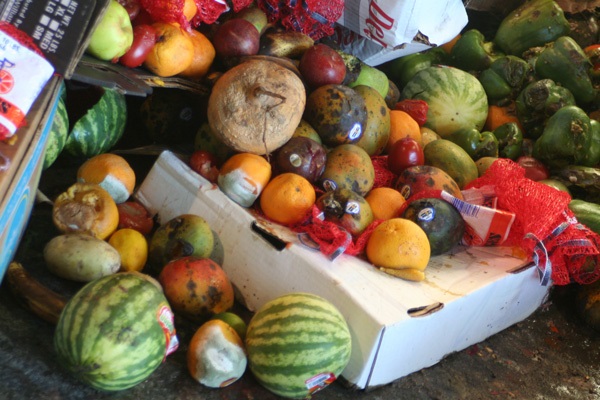
Lancement de la Plateforme technique du G20 sur l'évaluation et la réduction des pertes et du gaspillage alimentaires.
07/12/2015

The FTT-Thiaroye processing technique, an innovation for post-harvest loss reduction in fisheries and aquaculture, presented at the 1st PHL Congress in Rome.
18/11/2015
In Africa in particular, where smoking and drying are the most common methods for fish processing at small and medium scale level, the practices and techniques are constrained by significant challenges related to post-harvest losses, environmental issues, and value chain actors and consumers’ ...
